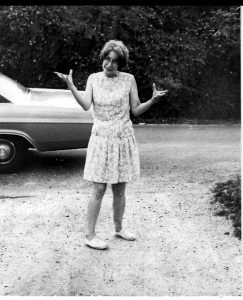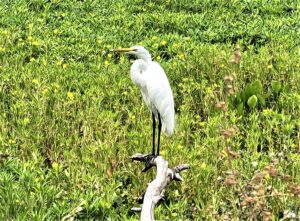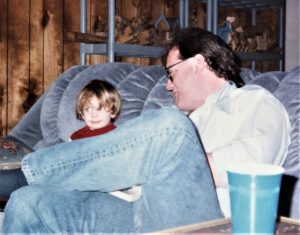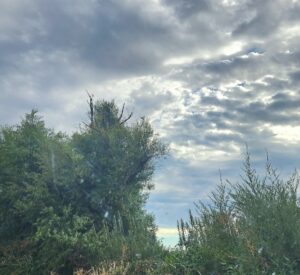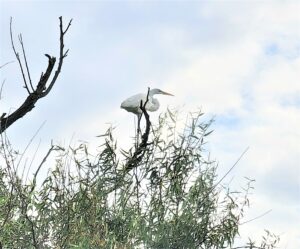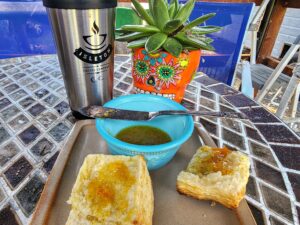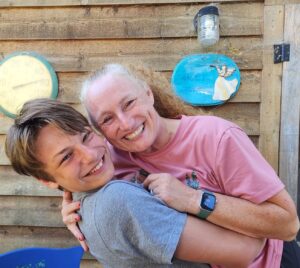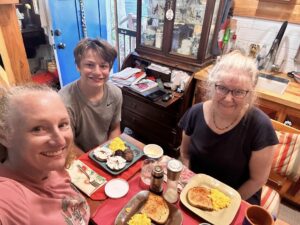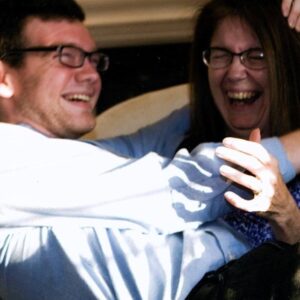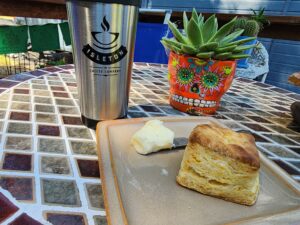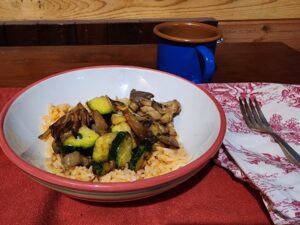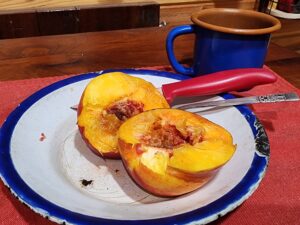 A few years ago, I took a handful of fabulous photographs of swans in the slough adjacent to the levee road on which I live. I posted them on Instagram, somewhere that I rarely browse and almost never post. They had no watermark; no embedded copyright notice; and no meta data from which I could claim them.
A few years ago, I took a handful of fabulous photographs of swans in the slough adjacent to the levee road on which I live. I posted them on Instagram, somewhere that I rarely browse and almost never post. They had no watermark; no embedded copyright notice; and no meta data from which I could claim them.
A person stalking me and the park in which we both lived at the time stole them, created a fake identity in my name, posted my swans on the cover, and used the identity to defame the park. One of our other neighbors traced the profile picture to someone else with my name. I notified that person and the FBI. The profile disappeared, either because I got blocked or because it got deleted. Later, the person moved from the park. Those of us who knew about the situation rarely speak of it. I refer to it from time to time with a bit of ruefulness. The person and I did not know each other well, but they disliked me based upon things they had been told about me which were wholly untrue.
A month or so ago, someone whom I know mentioned that they had decided not to be friends with an unidentified person based upon a newfound conviction that they and the person did not have anything in common. “I thought we cared about each other and truly were friends,” this person told me. “But later I realized that I was wrong.” I nodded. I felt certain that this person, whom I do not know very well but with whom I had spent a moderate amount of time, was talking about me. They did not have the guts to admit it to my face. Since we had not had any negative interaction, I decided that this person, too, had been told something about me — likely something false. This person and I have little in common and though we share acquaintances, I don’t know any of them well enough for them to say anything bad about me unless it’s supposition or fabrication. Plenty exists to be discussed, though none of these folks know about any of it. But talk they do anyway, which is, for the main, why I keep myself to myself.
I let it go. Life has taught me enough lessons to distinguish between beneficial influences and destructive ones. When someone suggests an impending exit from my life, I wish them well. It rarely happens, possibly because I keep the walls high enough to protect myself. I used to wear my heart on my sleeve, openly acknowledge my faults and my fears, and make myself available for anyone to explore or exploit. Decades of that approach gained me some amazing experiences but more than a few crushing blows.
This morning I drove down Twitchell Island Road to place a sign for an event. I used to have volunteers who helped with that task, but they moved to other pursuits. The job still needs to be done, though. I balanced on one foot, using the other to push the metal bracket into the bramble. I situated the sign close enough to my parked car to steady myself on its bumper. The sign only has to last a day; it might hold, unless the wind rises.
On the way back, I stopped to watch a ship crawl across the land, the river in which it matriculated unseen below the horizon. The sight still astonishes me, even after five years of living in the Delta. I filmed it for a few minutes, and then stopped a little ways down to photograph the swans in the slough. The sun played over the water. A sense of calm settled on my soul. I watched for a few minutes, then drove on home.
It’s the twenty-sixth day of the one-hundred and sixteenth month of My Year Without Complaining. Life continues.

